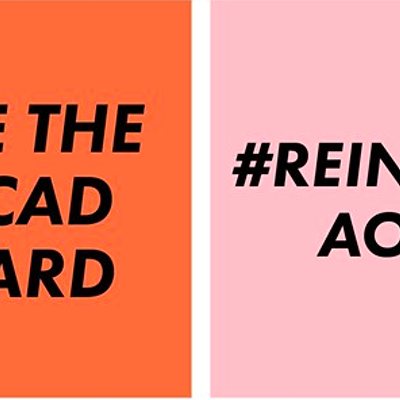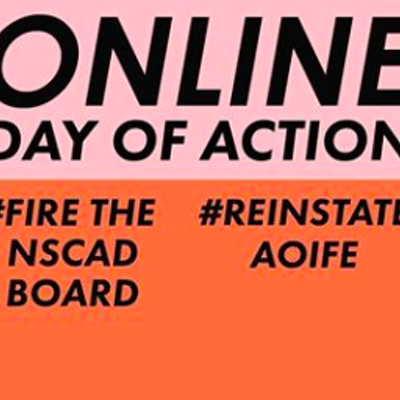Just over a year after 88 percent of survey respondents told HRM they wanted services like Uber and Lyft in the municipality, the transportation standing committee took the first step toward making it a reality.
Halifax Regional Municipality’s Transit Standing Committee saw staff’s first draft of the by-law changes this week that will allow Transportation Network Companies (TNCs) like Uber and Lyft to operate in the municipality.
Staff recommend that HRM regulate TNCs—from a $25,000 of the top fee to operate in the municipality, a 20 cent per-trip fee, and mandating that drivers have a criminal record check, a vulnerable sector check and a child abuse registry check.
The province requires that taxi drivers have a class four license—one step up from the class five license that you, regular person reading this, likely have—but the report said class five was sufficient. So council also voted to write the province and ask to have that rule changed.
TNCs will be required to share all their trip data with HRM, and take on the responsibility of insurance themselves. (Taxi drivers are insured individually). All these rules for TNCs would be the responsibility of the company—HRM would have no record of the drivers or keep data on who has qualified requirements.
One of the main concerns coming out of the report from members of the Transportation Standing Commitee on Thursday was safety.
A recent report from Uber in the US released this month reported 5,981 incidents of sexual assault 2017 and 2018 involving either a driver or a passenger. The data was part of a larger report on safety in ride sharing.
Uber has made improvements in recent years to increase safety standards, like adding a button in the app for passengers to hit if they feel they are in danger, and passengers can share their ride with a friend’s app.
But Councillor Sam Austin still worried if it was enough. Noting the strengthening of rules around licensing in relation to sexual assault for HRM taxi drivers, he wonders what is stopping drivers from switching between companies in the instance of assault if HRM has no record of them.
“I have some discomfort that we are relying on the business to do everything on this front,” says Austin.
Since 2015, Halifax Regional Municipality has suspended 10 taxi licences as a result of sexual misconduct accusations.
He says as we live in a world where sexualized violence is a reality: “I want to be able to look at myself and say as a municipality we did all we could to prevent that.”
The survey conducted by HRM in 2018 also found that 32 percent of respondents who don’t take taxis in HRM said they don’t because of safety concerns, and 65 percent said they would like the opportunity to take a taxi from an all-women taxi service.
Since updating the Taxi and Limousine industry by-laws this Fall—increasing the cap on the number of roof lights from 1,000 to 1,600—HRM has only handed out 40 new licenses and none so far have gone to women. The increase was so large in part to get the women who were near the bottom of the waitlist on the road.
The proposed changes will also affect brokers—AKA Yellow Cab or Casino Taxi. Anyone who drives a taxi in Halifax and doesn’t want to be affiliated with a broker would need to become a broker to remain independent. The yearly fee for brokers is proposed at $300.















